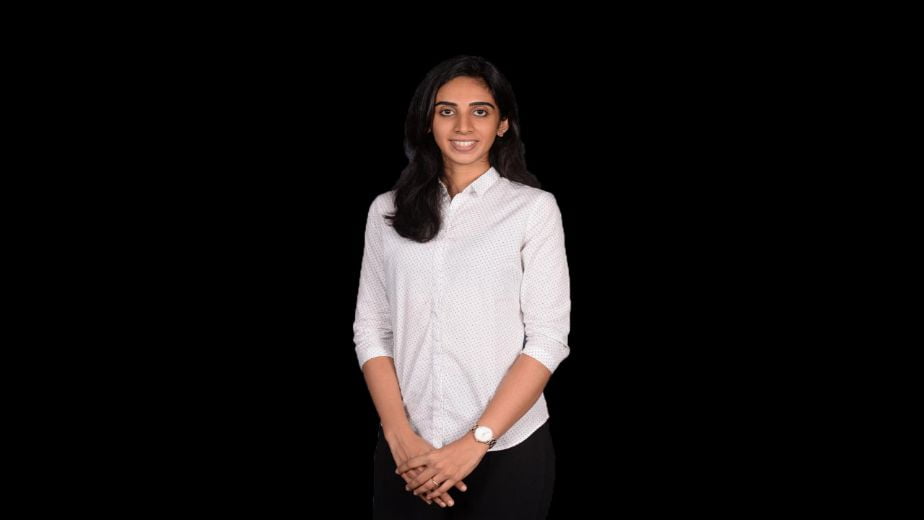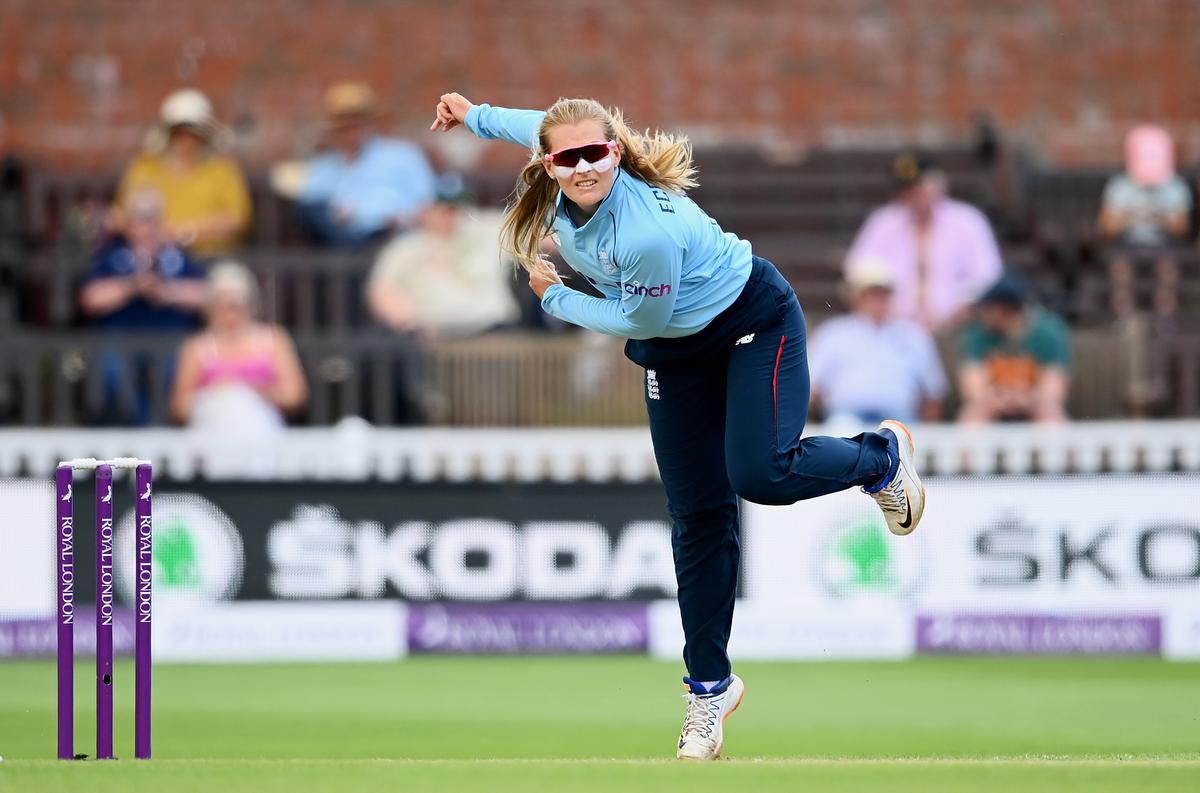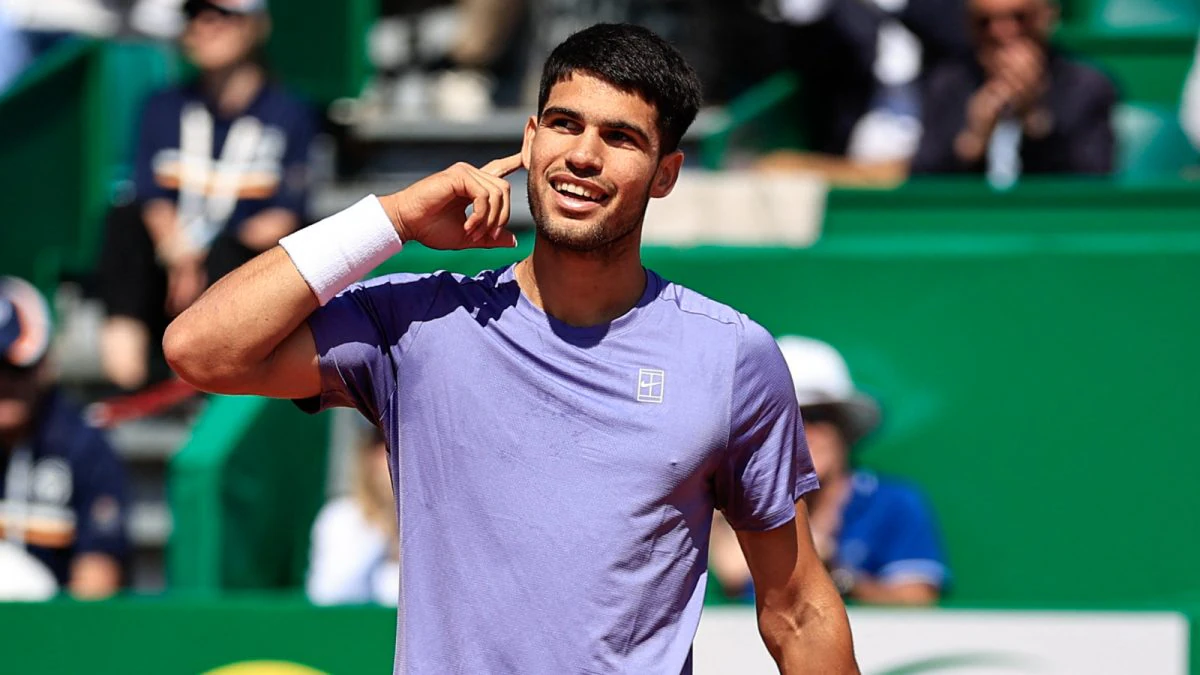With the presence of technology, data analysis and a greater emphasis on mental health in sports, the industry has never been more competitive than it is today. More often than not the difference between winning and losing is defined by very fine margins and the battle is fought in the mind rather than physical prowess. Therefore, mental conditioning is often what can separate good athletes from the truly great and is an integral factor in an athlete truly achieving their maximum potential.
In this exclusive interview with SPOGO, Keerthana Swaminathan, Founder and Mental Conditioning Coach at Think. Train. Perform speaks about her journey into sports psychology, overcoming challenges, mental conditioning, erasing the stigma of mental health, future goals and more!
Q1) After graduating from Psychology, what made you choose Sports and Exercise Psychology?
Sports and exercise were never a part of my life until my 12th grade. I was an obese kid and in my 12th grade, long distance running became a part of my life. Throughout the journey of my college through Psychology and with running, I also took up ultimate frisbee back then. Marathon running taught me resilience, strength and made me a lot stronger. It taught me to understand that failure is part of life. My perceptions, beliefs and mindset changed a lot and helped me transform and thrive. Drawing a balance between performance and well-being is very important and I realised that if sports and exercise impacts psychology of the person, then the converse will be true as well. That’s why I decided to take sports and exercise psychology.
Q2) What motivated you to work with athletes and how has the experience been over the past few years?
It has been a beautiful journey since I started. Back when I started practicing, people didn’t know about the importance of sports psychology. They were reluctant to go to one (sports psychologist). They didn’t think it was important. It’s a lot better than that right now. Currently people acknowledge and recognise that it is important – so that’s a good change but there’s still a lot of awareness work to be done.
Q3) What are some of the challenges faced between younger and older athletes?
I honestly think there is a communication and perception gap between parents- athletes – coaches – it can be between just two of them as well but it is prevalent. There’s also this issue of wanting to win all the time and not allowing/wanting to make mistakes. Making mistakes is often perceived as failure. It’s a huge challenge – found in both younger and older athletes.
Q4) What are some of the steps taken in mental conditioning?
Assessment – analysis – plan an intervention – intervene and review.
Q5) The year 2021 has seen a lot of athletes talk about mental issues, how can we erase the stigma or taboo about mental health?
Society is made up of each and every one of us. The day each of us stop bothering about what others think and do the right thing, we go one step closer to breaking the taboos and stigmas. Be the change and take the plunge. If you don’t, then so will everyone else. If you do, then so will everyone else as well !!!
Q6) What are your future goals and aspirations, how do you plan to achieve them?
I truly believe in empowering people. I love it. I want to help more people involved in sports and empower them, spread more awareness about mental health, and ofcourse break stereotypes and myths that people hold.














